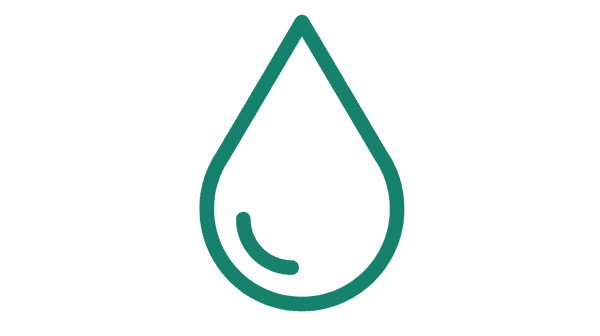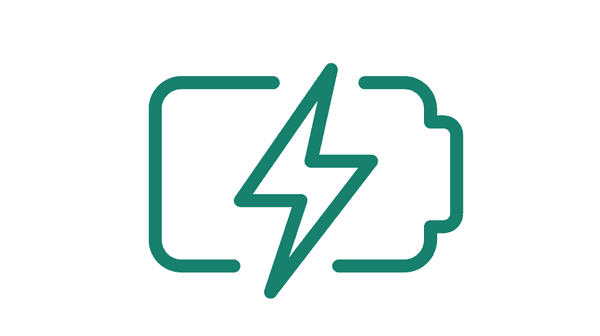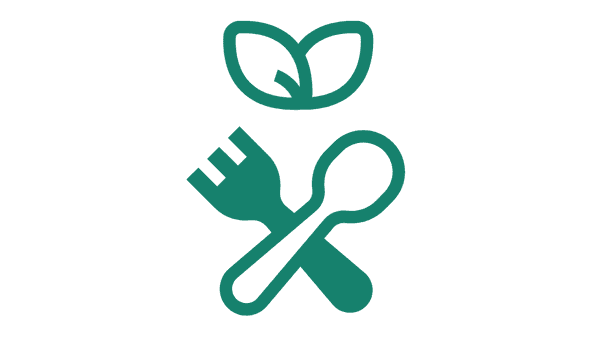Sustainable operations
EAZA zoos and aquariums are committed to a more sustainable future for nature. This starts with setting a good example when it comes to conscious use of natural resources.
Sustainable operations
EAZA acknowledges the pressing need to address ecological concerns. Minimising environmental footprint, both within our Membership and in the broader community we represent, is an important focal area of our 2021-2025 strategic plan. We showcase the most sustainable practices to emphasise our shared commitment to environmental responsibility.
The EAZA community aims:
- to keep up with the latest techniques and technologies and apply them to save resources in our own institutions;
- to show how effective they are so that our visitors and local communities know what they can demand from their suppliers, or what they can do themselves;
- to show that everyone can eat well with minimal environmental impact – as valued customers of food suppliers, zoos and aquariums can make demands that are good for consumers too.

Water
Naturally, zoos and aquariums need water: for animals to drink, for aquatic species to live in, for animal and human hygiene and to keep plants thriving. Reducing our use and recycling where we can is essential. Many Members use technologies to assure water quality and efficiency – reed filter beds or the latest carbon filters feeding into complex systems that provide for all the needs of the institution.

Power
Power systems are also a key part of the challenge: the animals and plants in our care come from the tropics, the polar regions and everywhere in between, requiring heated or cooled habitats that meet their needs. The staff and visitors also need heating (and increasingly: cooling), lighting and other services powered by electricity. EAZA Members use a range of renewable energy sources on site or from the grid to minimise their greenhouse gas emissions, and ingenious low-energy systems to distribute hot and cold air to where it’s needed.

Food
We are also working to improve the sustainability of our food sourcing. Every day, we need to feed lots of animals and people. Knowing where the food comes from allows us to make choices that provide adapted quality nutrition to animals without destroying the habitats of their wild peers.
Aligning with the UN SDGs
The sustainability operations of EAZA zoos and aquariums have a direct relationship with several of the United Nations Sustainable Development Goals (UN SDGs). These goals address the world's most pressing challenges, including those related to environmental sustainability, conservation, and education.
For example, EAZA zoos and aquariums' efforts in conscious resource use, such as water and energy conservation, directly support SDG 12 (Responsible Consumption and Production) by ensuring that they operate more efficiently and reduce waste. Through these efforts, EAZA Members also set a positive example and promote sustainable behaviours among their visitors and the wider community.
Our Members’ involvement in conservation projects, both in the field and in human care, aligns with SDG 15 (Life on Land) and SDG 14 (Life Below Water), as they work to help protect, restore, and promote the sustainable use of terrestrial and aquatic species and ecosystems.
Additionally, conservation education programmes offered by EAZA institutions contribute to SDG 4 (Quality Education) by providing learning opportunities aimed at improving knowledge and awareness of biodiversity and conservation among the public. These educational initiatives are also crucial for inspiring action towards other SDGs, by promoting a sense of shared responsibility for our natural world.
Overall, EAZA's dedication to high-quality conservation, education, and research through strict accreditation requirements ensures that our Members not only contribute to the protection of species but also uphold the principles that are laid out by the UN SDGs, promoting a sustainable future for all.

